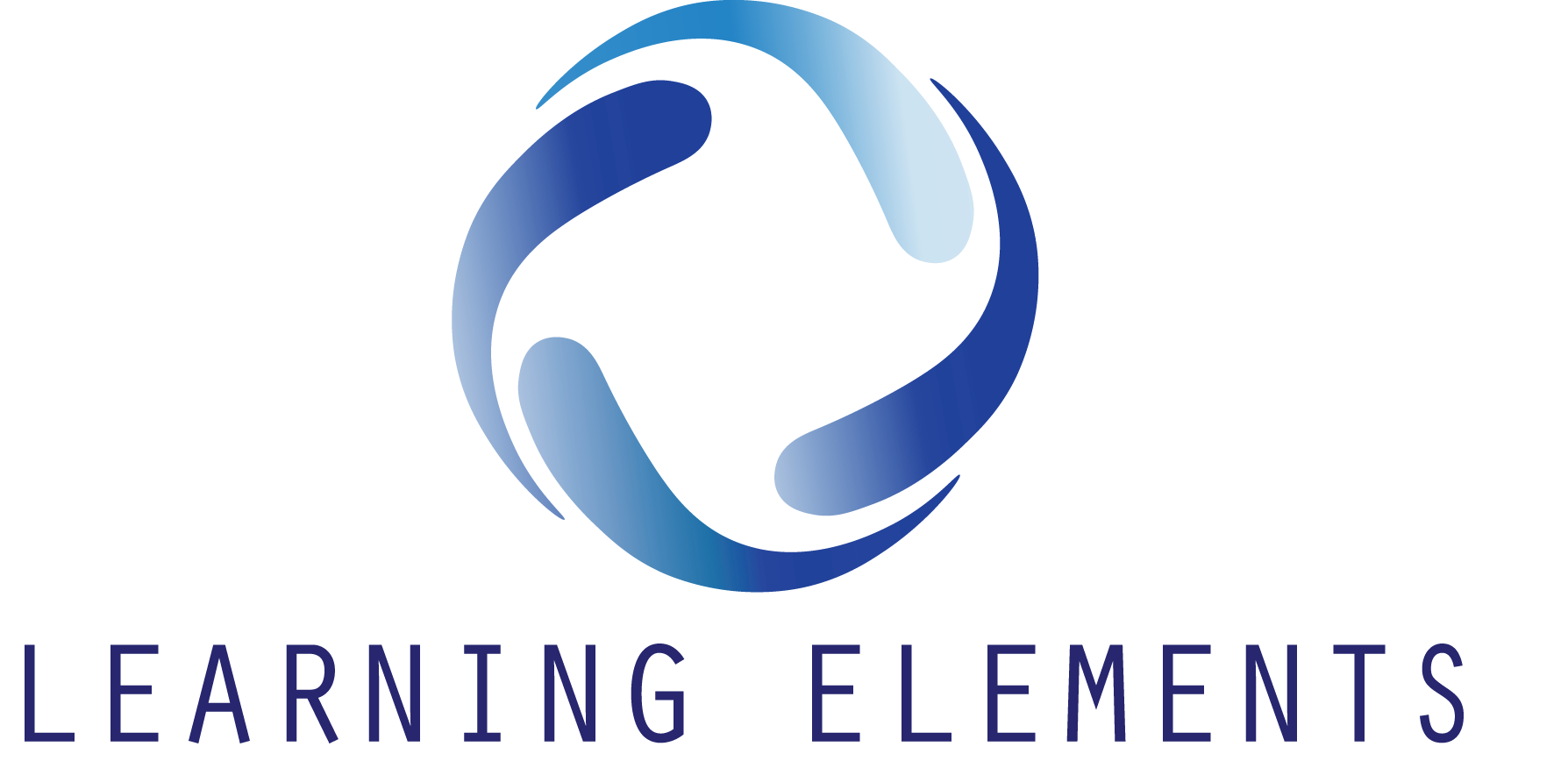Exploring Advanced CRM Features and Benefits
When establishing a solid foundation in CRM usage, businesses lay the groundwork for effective operations. However, to truly optimise their processes, businesses can harness advanced CRM features. One such feature is automated workflows, which enable businesses to create predefined sequences of actions based on specific triggers or events. These workflows efficiently manage tasks such as follow-up emails and task assignments, freeing up time and maintaining customer interaction consistency.
Nonetheless, understanding CRM basics is pivotal. Why?
Using CRM is vital for enhancing customer satisfaction and driving sustainable growth. The Learning Elements team will guide you through essential steps to ensure optimal utilisation of your CRM investment.
What is CRM?
At its core, Customer Relationship Management (CRM) refers to a comprehensive set of strategies, processes, and technologies that businesses use to manage and analyse their interactions with customers throughout the entire customer lifecycle. CRM is not just a tool; it’s a holistic approach that empowers businesses to build and nurture relationships with customers while driving operational efficiency.
Maximise Efficiency with CRM Basics:
Mastering CRM basics empowers you to streamline your processes and achieve operational efficiency. From updating contact details to leaving clear interaction notes, these fundamental steps maintain updated, organised CRMs. Our team will guide you on how to avoid jargon or made-up terms, ensuring that your CRM data is easily understood by anyone in your organisation.
Unlock Customer Insights:
Recording all communication, including texts, Skype calls, and Slack messages, within your CRM provides a comprehensive view of customer interactions. By collecting relevant and correct information from clients, you gain valuable insights into their preferences, needs, and behaviours. This data serves as a foundation for effective marketing campaigns, personalised customer interactions, and targeted sales strategies.
Tailoring Approach:
By grouping contacts within your CRM, you gain the power to shape your strategy around distinct customer segments. This process allows you to deliver precisely targeted messages and personalised experiences that deeply connect with your audience. Exploring the strategy of efficient contact grouping empowers you to understand the nuances of your customers, enabling tailored interactions that resonate. By understanding their unique requirements, you can cultivate stronger relationships and drive customer loyalty.
The Power of Data Analytics in CRM Basics:
Mastering fundamental CRM aspects is vital, yet recognising the value of data analytics is equally crucial. Effective analysis of customer data yields insights for informed decision-making and optimised strategies. These insights offer a deeper understanding of customer behaviour, preferences, and needs, enabling businesses to tailor their offerings and communication to drive better outcomes. Moreover, this data-driven approach enhances customer satisfaction and strengthens the foundation for long-term business success.
Learning CRM equips businesses with the necessary knowledge and skills to streamline processes, maintain organised customer data, and maximise operational efficiency. By understanding the fundamental concepts, terminologies, and best practises, you lay the groundwork for future success in Advanced CRM.
Exploring Advanced CRM Features: Enhancing Efficiency and Collaboration
Another valuable aspect of CRM systems is their ability to facilitate collaboration among team members. By utilising features like shared calendars, task assignments, and document sharing, businesses can foster a cohesive working environment. Team members can stay informed about each other’s activities, coordinate efforts seamlessly, and avoid duplication of work. This collaborative approach enhances productivity, efficiency, and overall customer satisfaction.
Additionally, advanced CRM systems often come with integrations with various tools and platforms, such as email marketing software or customer support systems. These integrations serve to centralise business operations, offering a comprehensive perspective on customer interactions. To illustrate, when integrating an email marketing platform with the CRM, companies can effectively monitor email campaigns, assess their impact, and evaluate customer feedback, all within a unified system.
Furthermore, the capabilities of data analytics and reporting within CRM systems play a pivotal role in identifying trends, patterns, and customer insights. By employing these functionalities, enterprises can extract invaluable insights from their CRM data, resulting in a more profound comprehension of customer behaviours, preferences, and requirements. This knowledge empowers businesses to adopt data-driven decision-making approaches and formulate precisely targeted strategies for personalised marketing, sales, and customer service endeavours.
CRM Features List:
A comprehensive CRM features list offers a roadmap to unlocking the full potential of customer relationship management. This list includes functionalities like automated workflows, collaboration tools, integrations with other platforms, and robust data analytics. It includes more tools tailored to cater to the unique needs of different industries and business sizes. These features collectively empower businesses to streamline operations and deliver exceptional customer experiences.
- Automated Workflows: Streamline processes by creating predefined sequences of actions triggered by specific events. This feature reduces manual tasks, improves efficiency, and ensures consistent customer interactions.
- Collaboration Tools: Foster a cohesive working environment by offering shared calendars, task assignments, and document sharing. This promotes teamwork, coordination, and efficient communication among team members.
- Integrations with Other Platforms: Seamlessly connect CRM with other tools and systems, such as email marketing software and customer support platforms. This integration centralises operations and provides a holistic view of customer interactions.
- Data Analytics and Reporting: Analyse customer data to identify trends, patterns, and insights. This feature empowers businesses to make informed decisions, optimise strategies, and enhance customer experiences.
- Customer Segmentation: Group contacts based on specific criteria to tailor marketing and communication strategies. This personalised approach improves engagement and customer satisfaction.
- Task and Appointment Management: Efficiently assign tasks and appointments to team members, ensuring timely follow-ups and enhanced customer service.
Lead Tracking and Contact Management: Optimising Sales and Effective Communication
- Lead and Opportunity Tracking: Monitor the progress of leads and opportunities through the sales pipeline, allowing for better forecasting and decision-making.
- Contact Management: Maintain organised customer data, including contact details, interaction history, and preferences, for more personalised and effective communication.
- Email Campaign Tracking: Monitor the effectiveness of email campaigns, track open rates, click-through rates, and responses, allowing for data-driven adjustments.
- Mobile Accessibility: Access CRM functionalities on mobile devices, enabling on-the-go management and responsiveness.
- Customer Support Integration: Integrate customer support functions, such as ticketing systems, to provide efficient issue resolution and enhance customer satisfaction.
- Social Media Integration: Monitor and engage with customers on social media platforms directly from the CRM system, fostering stronger relationships and brand presence.
Quick Insights and Organised Access
- Customizable Dashboards: Create personalised dashboards that display relevant data and metrics, providing quick insights for informed decision-making.
- Document Management: Store and manage customer-related documents and files within the CRM, ensuring easy access and organisation.
- Customer Surveys and Feedback: Gather customer feedback and insights through integrated surveys, enabling businesses to continuously improve their offerings.
- Forecasting and Reporting: Generate forecasts, reports, and analytics to assess business performance, identify growth opportunities, and make strategic decisions.
- Multi-channel Communication: Interact with customers across various communication channels, including email, phone, chat, and social media, ensuring consistent engagement.
Unlocking the Potential: Exploring Diverse Dimensions of CRM Features and Benefits
What are the capabilities of a customer relationship management system?
A customer relationship management system encompasses various capabilities designed to streamline and enhance customer interactions. From automated workflows to collaboration tools, a CRM system offers features that allow businesses to optimise processes, centralise operations, and gain valuable insights from customer data.
Wide Spectrum of CRM Features and Benefits
Exploring the features of Customer Relationship Management (CRM) reveals a multitude of benefits that businesses can harness to enhance efficiency and collaboration. These features encompass a diverse array of tools tailored to meet the unique requirements of various industries and business scales. By comprehending the all-encompassing scope of CRM features, businesses can adeptly leverage the technology to improve customer relationships and propel growth. As a result, they gain the means to streamline operations, nurture client interactions, and seize opportunities for expansion.
Furthermore, the versatile toolbox of CRM features enables businesses to not only refine internal processes but also fortify external relationships. From automating routine tasks to facilitating seamless communication, CRM empowers companies to fine-tune their operations and provide a more personalised customer experience. By optimising these features, businesses can transform their CRM systems into powerful tools that pave the way for sustained success and innovation.
Best CRM Features:
Identifying the best CRM features entails a deep understanding of your business’s unique requirements. Automated workflows, for instance, enhance efficiency by reducing repetitive tasks, while features like integrations provide a panoramic view of customer interactions. The best features for your organisation will align with your goals and customer engagement strategies.
Connect with Learning Elements:
Ready to take your CRM usage from basics to advanced? Reach out to the Learning Elements team for a FREE consultation. Our skilled Instructional Designers will guide you through the journey, spanning from basic to advanced CRM features, including automated workflows and integrations with other platforms, to further enhance your business operations. Our dedication lies in unlocking the full potential of your CRM system and supporting your endeavour to achieve sustainable growth.



